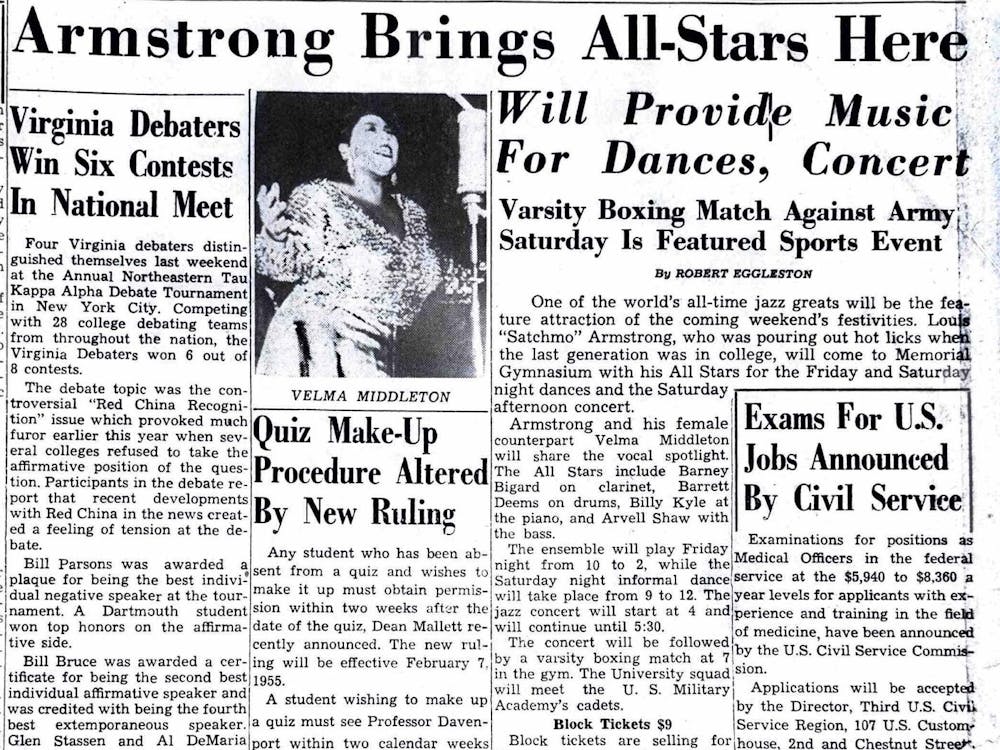In what could be a landmark case deciding the fate of affirmative action in college admissions, students who sued the University of Michigan petitioned yesterday to be heard before the U.S. Supreme Court.
The Center for Individual Rights, a Washington, D.C.-based civil liberties interest group, filed a Writ of Certiorari Before Judgement in the case of Gratz v. Bollinger, which contests the affirmative action policies in undergraduate admissions at the University of Michigan.
"Our ultimate goal is to send a message to universities that they have to treat people as individuals without regard to color of skin," said Curt Levey, Center director of legal and public affairs.
The writ asked that the case go before the Supreme Court even though the Sixth Circuit Court of Appeals had not ruled on it yet.
"If we didn't do it now, it would be too late for the upcoming term," Levey said. "Plaintiffs, future applicants and other schools across the nation would have to wait almost two years" for a decision.
Plaintiffs also asked the court to hear Grutter v. Bollinger, a similar case involving the Michigan law school.
In Gratz v. Bollinger, a district court ruled in favor of the University of Michigan, saying using race and ethnicity in admissions is legal. But in Grutter v. Bollinger, another district court ruled that the law school's consideration of race and ethnicity in admissions policies was unconstitutional.
The Sixth District Court of Appeals heard the Gratz and Grutter cases on the same day in December 2001. In May 2002 that court rendered a ruling reversing the decision in the Grutter case.
"As a party, we feel strongly that the Sixth Circuit got it right and we will fight any attempt to overturn the verdict," said Jonathan Alger, assistant general counsel at the University of Michigan.
Because of the similarity of the cases, Levey said he thought the Supreme Court would hear them as one case.
Alger said if the court did accept the petition, he also would prefer they hear both cases.
"Where we agree is that if the Supreme Court does decide to hear either one of the cases then it would make sense to hear both of them together," he said.
They also agreed that if the court heard the case its decision would have national significance.
"Win or lose, this is going to be the pair of cases that determine the rule of law for the nation on the issue of race-based admission," Levey said.
University Law Prof. Kim Forde-Mazrui wrote for Legal Times in June that the Supreme Court likely would embrace the Grutter case in order to overturn a 1978 decision in Regents of the University of California v. Bakke that upheld affirmative action without a quota system.
"With seven new justices on the Court since Bakke, and several decisions that reveal a Court increasingly hostile to affirmative action, Grutter may well end affirmative action in higher education," Forde-Mazrui said.
Alger said the University of Michigan had incorporated new facts about the benefits of affirmative action into its defense. These studies showed that diversity benefited students and alumni by introducing a variety of perspectives on campus, he said.
It also improved the participation rate of graduates in community activities, he added.
In addition to the Supreme Court ruling, the Center's class action suit is seeking financial damages against the University of Michigan for more than 1,000 claimants, Levey said.
"Universities have to know that if they use race-based admissions policies, they have to pay," he said.






